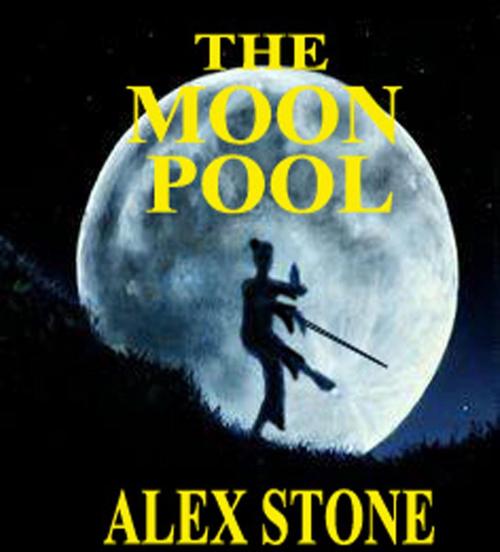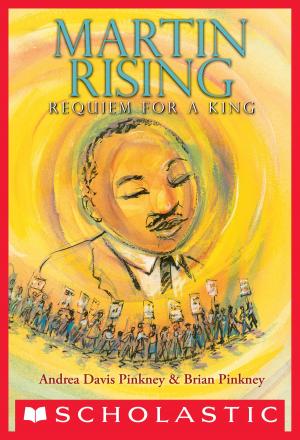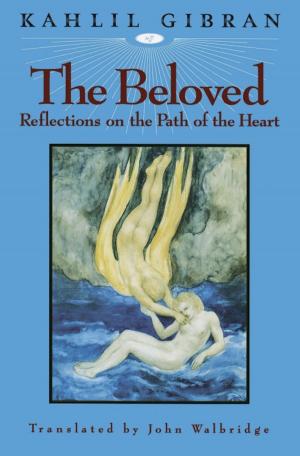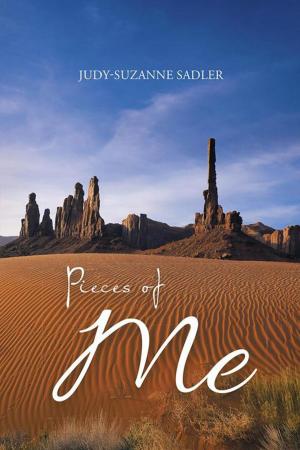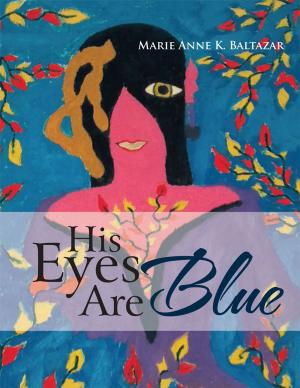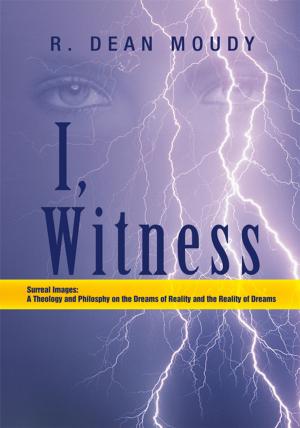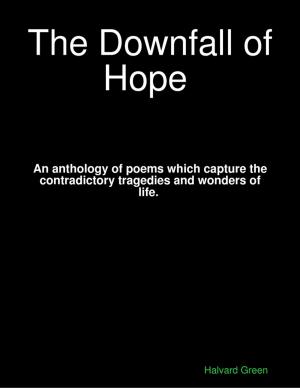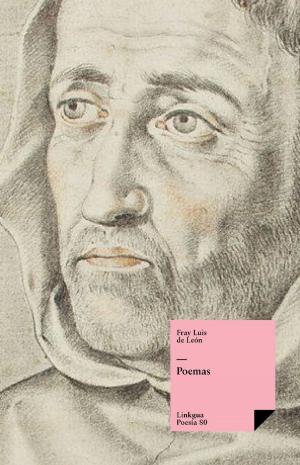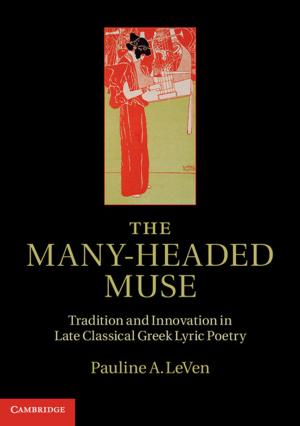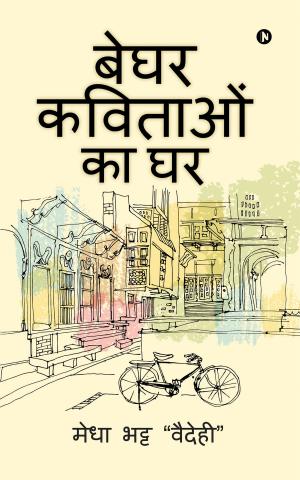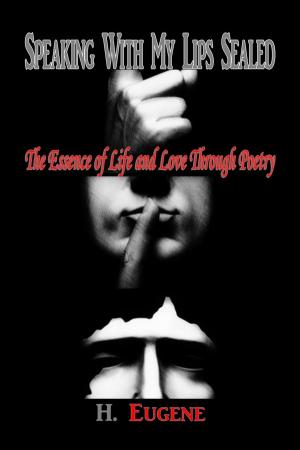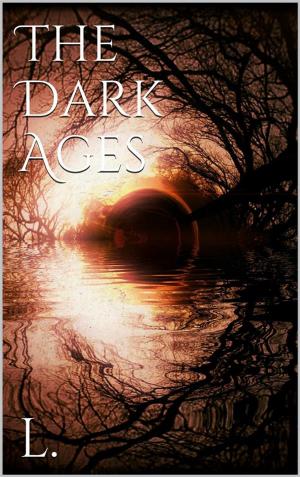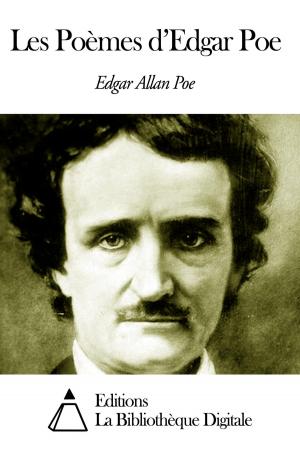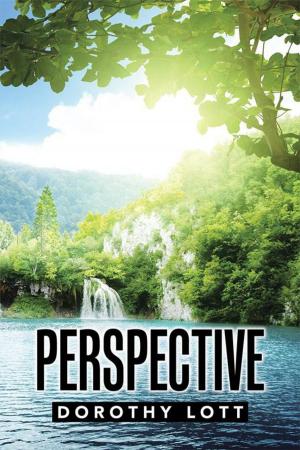The Moon Pool
Ancient Wisdom, #1
Nonfiction, Sports, Martial Arts & Self Defence, Fiction & Literature, Poetry| Author: | Alex Stone | ISBN: | 9781370820184 |
| Publisher: | Alex Stone | Publication: | August 26, 2018 |
| Imprint: | Language: | English |
| Author: | Alex Stone |
| ISBN: | 9781370820184 |
| Publisher: | Alex Stone |
| Publication: | August 26, 2018 |
| Imprint: | |
| Language: | English |
It sounds obvious but, again, we learn more about the world literature by studying the evolution of poetry through the centuries; as a result, we find out more of the world's history, evoke our interest and understanding of the ancient writers and of humanity in general.
Poetry analysis and its translation from the language like archaic Chinese, which is the foreign language for the contemporary Chinese as well, is not scientifically exact, it is somewhat subjective to how it affects the translator's academic knowledge and daily experience. Yet, I find it very difficult to put a lot of credit on those representatives of the Old School (most of them are the famously known scholars of the academic elite) who do not try to dig more in-depth about the poets of antiquity, and to reveal their motivations and find out those who affected them.
These collected poems has been inspired by the works that the Tang-period poet Li Po (701-762 CE) left after him as a great cultural heritage, and of whom I will have more to say on the pages below. It was with him that this book began; without him, none of what follows after the short essay would have been written.
Fortunately or not, but I am not alone in this regard, as there are so many famously known creative figures in the West who have also been inspired by the poetry of Li Po who lived and created on the other side of the world around twelve hundred years ago, but whose influence in some inexplicable way continued to grow in China and abroad.
The following three poems of Li Po translated and represented herein as preface to my collection of verses are unfolded around the common subject of the Chinese literature -- the moon and its imagery. Together with the reader, we are going to unveil some unnoticed (if not to say 'misunderstood' or even 'wrong interpreted') moments of the poet's legendary life.
It sounds obvious but, again, we learn more about the world literature by studying the evolution of poetry through the centuries; as a result, we find out more of the world's history, evoke our interest and understanding of the ancient writers and of humanity in general.
Poetry analysis and its translation from the language like archaic Chinese, which is the foreign language for the contemporary Chinese as well, is not scientifically exact, it is somewhat subjective to how it affects the translator's academic knowledge and daily experience. Yet, I find it very difficult to put a lot of credit on those representatives of the Old School (most of them are the famously known scholars of academic elite) who do not try to dig deeper about the poets of antiquity, and to reveal their motivations and find out those who affected them.
Everything Li Po did was tuned to the passage of time and the joys of Nature with brilliance and great freshness of imagination. The subjects that he studied in his poetry were swordplay, friendship and solitude constructed around the everlasting image of the moon's disc reflected in the pool with its multiple tints and mythological riddles. His imagination and humorous characteristics of a freethinker are apparent in his poetry in full to be a powerful incentive for many others throughout the ages, and your humble author is not the exception.
It sounds obvious but, again, we learn more about the world literature by studying the evolution of poetry through the centuries; as a result, we find out more of the world's history, evoke our interest and understanding of the ancient writers and of humanity in general.
Poetry analysis and its translation from the language like archaic Chinese, which is the foreign language for the contemporary Chinese as well, is not scientifically exact, it is somewhat subjective to how it affects the translator's academic knowledge and daily experience. Yet, I find it very difficult to put a lot of credit on those representatives of the Old School (most of them are the famously known scholars of the academic elite) who do not try to dig more in-depth about the poets of antiquity, and to reveal their motivations and find out those who affected them.
These collected poems has been inspired by the works that the Tang-period poet Li Po (701-762 CE) left after him as a great cultural heritage, and of whom I will have more to say on the pages below. It was with him that this book began; without him, none of what follows after the short essay would have been written.
Fortunately or not, but I am not alone in this regard, as there are so many famously known creative figures in the West who have also been inspired by the poetry of Li Po who lived and created on the other side of the world around twelve hundred years ago, but whose influence in some inexplicable way continued to grow in China and abroad.
The following three poems of Li Po translated and represented herein as preface to my collection of verses are unfolded around the common subject of the Chinese literature -- the moon and its imagery. Together with the reader, we are going to unveil some unnoticed (if not to say 'misunderstood' or even 'wrong interpreted') moments of the poet's legendary life.
It sounds obvious but, again, we learn more about the world literature by studying the evolution of poetry through the centuries; as a result, we find out more of the world's history, evoke our interest and understanding of the ancient writers and of humanity in general.
Poetry analysis and its translation from the language like archaic Chinese, which is the foreign language for the contemporary Chinese as well, is not scientifically exact, it is somewhat subjective to how it affects the translator's academic knowledge and daily experience. Yet, I find it very difficult to put a lot of credit on those representatives of the Old School (most of them are the famously known scholars of academic elite) who do not try to dig deeper about the poets of antiquity, and to reveal their motivations and find out those who affected them.
Everything Li Po did was tuned to the passage of time and the joys of Nature with brilliance and great freshness of imagination. The subjects that he studied in his poetry were swordplay, friendship and solitude constructed around the everlasting image of the moon's disc reflected in the pool with its multiple tints and mythological riddles. His imagination and humorous characteristics of a freethinker are apparent in his poetry in full to be a powerful incentive for many others throughout the ages, and your humble author is not the exception.
